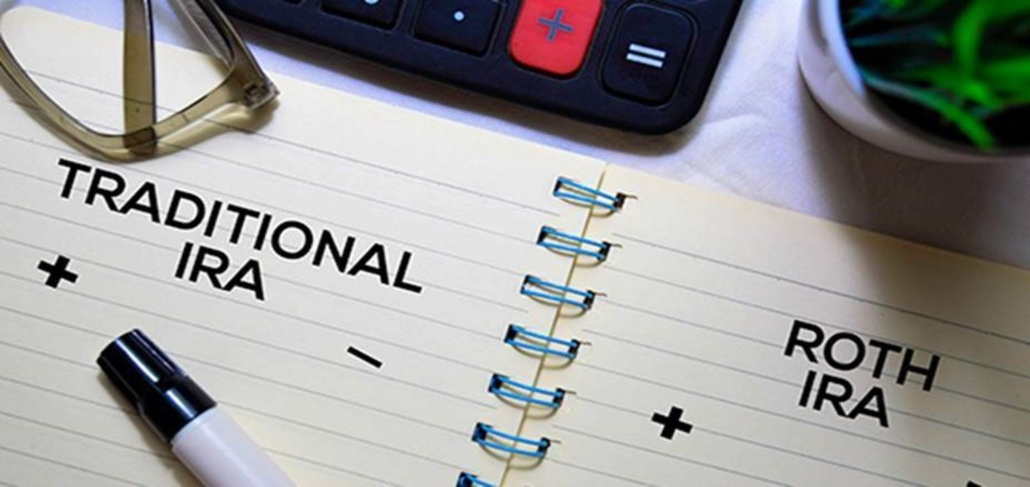Many people are wondering what they can do to cope with the current financial situation that is occurring due to the coronavirus (COVID – 19) pandemic. One area that you may want to take a look at are your retirement accounts. The value of some retirement accounts have suffered a decrease in value because of the stock market downturn. But if you have a traditional IRA, this downturn may provide a valuable opportunity: It may allow you to convert your traditional IRA to a Roth IRA at a lower tax cost.
The key differences
Here’s what makes a traditional IRA different from a Roth IRA:
Traditional IRA.
Contributions to a traditional IRA may be deductible, depending on your modified adjusted gross income (MAGI) and whether you (or your spouse) participate in a qualified retirement plan, such as a 401(k). Funds in the account can grow tax deferred.
On the downside, you generally must pay income tax on withdrawals. In addition, you’ll face a penalty if you withdraw funds before age 59½ — unless you qualify for a handful of exceptions — and you’ll face an even larger penalty if you don’t take your required minimum distributions (RMDs) after age 72.
Roth IRA. Roth IRA contributions are never deductible. But withdrawals — including earnings — are tax-free as long as you’re age 59½ or older and the account has been open at least five years. In addition, you’re allowed to withdraw contributions at any time tax- and penalty-free. You also don’t have to begin taking RMDs after you reach age 72.
However, the ability to contribute to a Roth IRA is subject to limits based on your MAGI. Fortunately, no matter how high your income, you’re eligible to convert a traditional IRA to a Roth. The catch? You’ll have to pay income tax on the amount converted.
Saving tax
This is where the “benefit” of a stock market downturn comes in. If your traditional IRA has lost value, converting to a Roth now rather than later will minimize your tax hit. Plus, you’ll avoid tax on future appreciation when the market goes back up.
It’s important to think through the details before you convert. Some of the questions to ask when deciding whether to make a conversion include:
Do you have money to pay the tax bill?
What’s your retirement horizon?
Keep in mind that converting a traditional IRA to a Roth isn’t an all-or-nothing deal. You can convert as much or as little of the money from your traditional IRA account as you like. So, you might decide to gradually convert your account to spread out the tax hit over several years.
Of course, there are more issues that need to be considered before executing a Roth IRA conversion. If this sounds like something you’re interested in, contact us to discuss with us whether a conversion is right for you.



